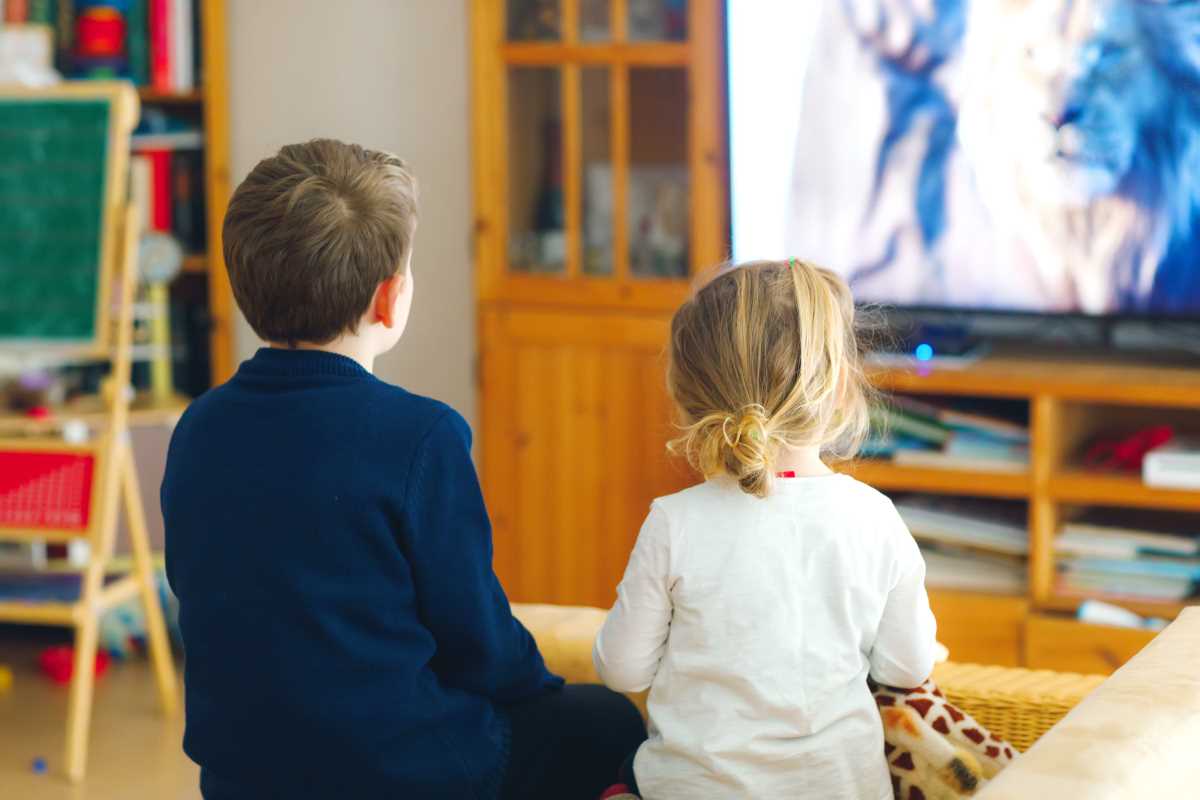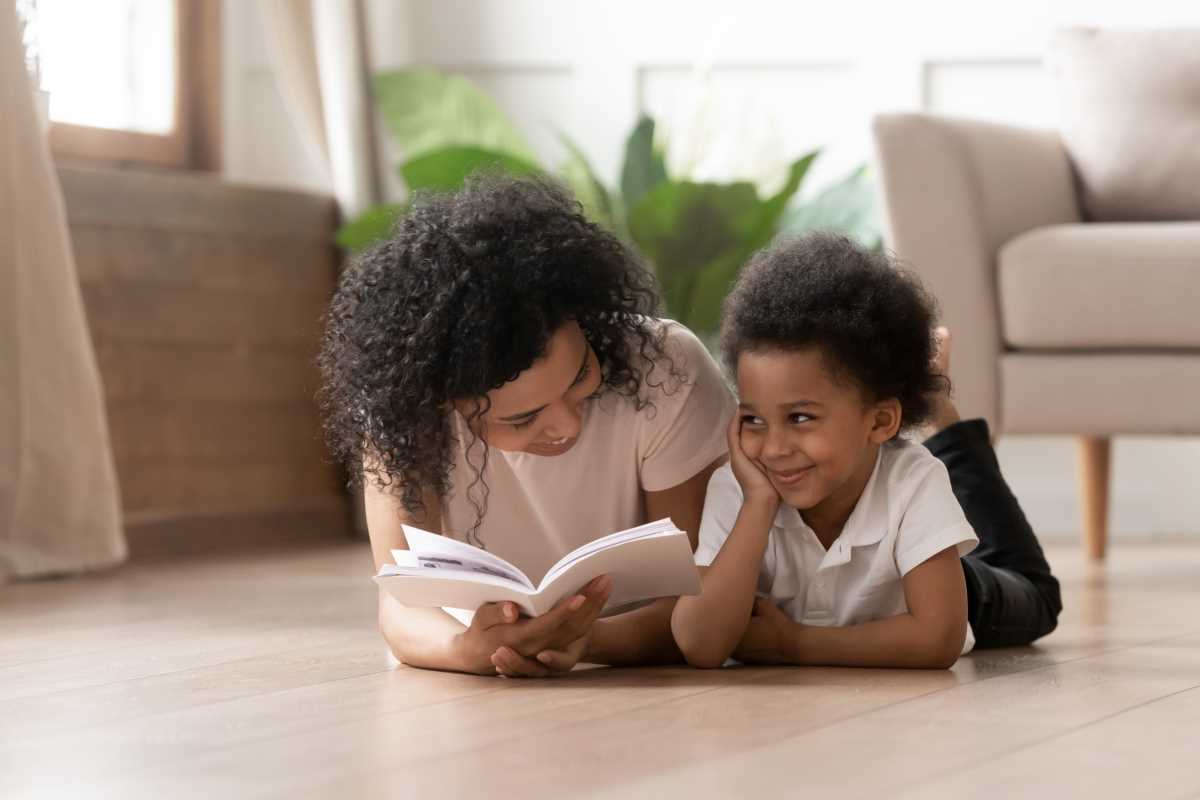In family dynamics, effective communication plays a critical role in fostering positive relationships and creating a sense of unity among members. Open and honest communication allows family members to express their thoughts, feelings, and expectations, leading to better understanding and empathy. Here are some key strategies to improve family relationships through effective communication.
Active Listening
When it comes to communication within the family, active listening is essential. This means giving your full attention to the speaker, making eye contact, and showing genuine interest in what they have to say. By listening attentively, you can better understand the perspectives and emotions of your family members, which can help prevent misunderstandings and conflicts.
Active listening also involves responding appropriately to what is being said. This could mean nodding in acknowledgment, paraphrasing what the speaker has said, or asking follow-up questions to clarify their feelings or thoughts. For instance, if your child expresses frustration about school, instead of jumping straight to solutions, you might say, “It sounds like you’re feeling overwhelmed. Can you tell me more about what’s bothering you?” This approach validates their feelings and opens the door for deeper dialogue.
Clear and Assertive Expression
Another important aspect of effective communication in family relationships is the ability to express yourself clearly and assertively. Being able to communicate your needs, boundaries, and feelings in a respectful manner can help strengthen relationships and foster a supportive environment within the family. Honest and open communication builds trust and encourages family members to share their thoughts and emotions without fear of judgment or criticism.
To practice clear expression, it can be helpful to use “I” statements, which focus on your feelings rather than placing blame. For example, instead of saying, “You never listen to me,” you might say, “I feel ignored when I’m talking and no one responds.” This shift in language can help family members understand your perspective while reducing defensiveness.
Dedicated Family Time
Setting aside dedicated time for family discussions and activities can facilitate communication and bonding among family members. Regular family meetings or outings provide an opportunity to address any concerns, celebrate achievements, and strengthen the sense of togetherness. Creating a safe and welcoming space for communication helps build strong connections and promotes a harmonious family dynamic.
Consider implementing a weekly family night where everyone can gather for dinner, games, or even a simple conversation about the week. During this time, encourage everyone to share their highs and lows, ensuring that each family member has a voice. Not only does this strengthen relationships, but it also creates a routine that reinforces the importance of family time.
Practicing Empathy
Additionally, practicing empathy and understanding in family communication can enhance relationships and resolve conflicts effectively. By putting yourself in the shoes of your family members and considering their perspectives and feelings, you can cultivate empathy and compassion within the family. Empathetic communication fosters mutual respect, deepens emotional connections, and promotes a supportive family environment where everyone feels valued and understood.
To develop empathy, try to ask questions that encourage family members to express their feelings more deeply. For instance, if a sibling is upset about a friend's actions, you might ask, “How did that make you feel?” This not only helps them articulate their emotions but also gives you insight into their experience.
Conflict Resolution Skills
Conflicts are inevitable in any family, but how they are addressed can significantly impact relationships. Encourage a problem-solving approach where family members are invited to share their thoughts on resolving issues together. This collaborative effort can transform conflicts into opportunities for growth and understanding.
When disagreements arise, establish ground rules for respectful communication. Encourage family members to avoid interrupting one another, using hurtful language, or bringing up past grievances. Instead, focus on the issue at hand and work toward a resolution that everyone can accept. This not only fosters a sense of teamwork but also models healthy conflict resolution skills that children can carry into their adult lives.
Nurturing a Supportive Environment
In summary, improving family relationships through effective communication requires active listening, clear expression, dedicated time for communication, empathy, and understanding. By prioritizing open and honest communication, families can create a nurturing and harmonious environment where each member feels heard, valued, and respected.
Building strong communication skills within the family can lead to greater cohesion, trust, and happiness among family members, ultimately strengthening the bonds that tie them together. As families cultivate these skills, they may find that their relationships flourish, creating a positive ripple effect that extends beyond the home. In a world where distractions and pressures abound, prioritizing effective communication within the family can serve as a cornerstone for a loving and resilient family dynamic.
By embracing these strategies, families can foster an environment where communication is not just a tool for resolving conflict but a foundation for building strong, enduring relationships.







